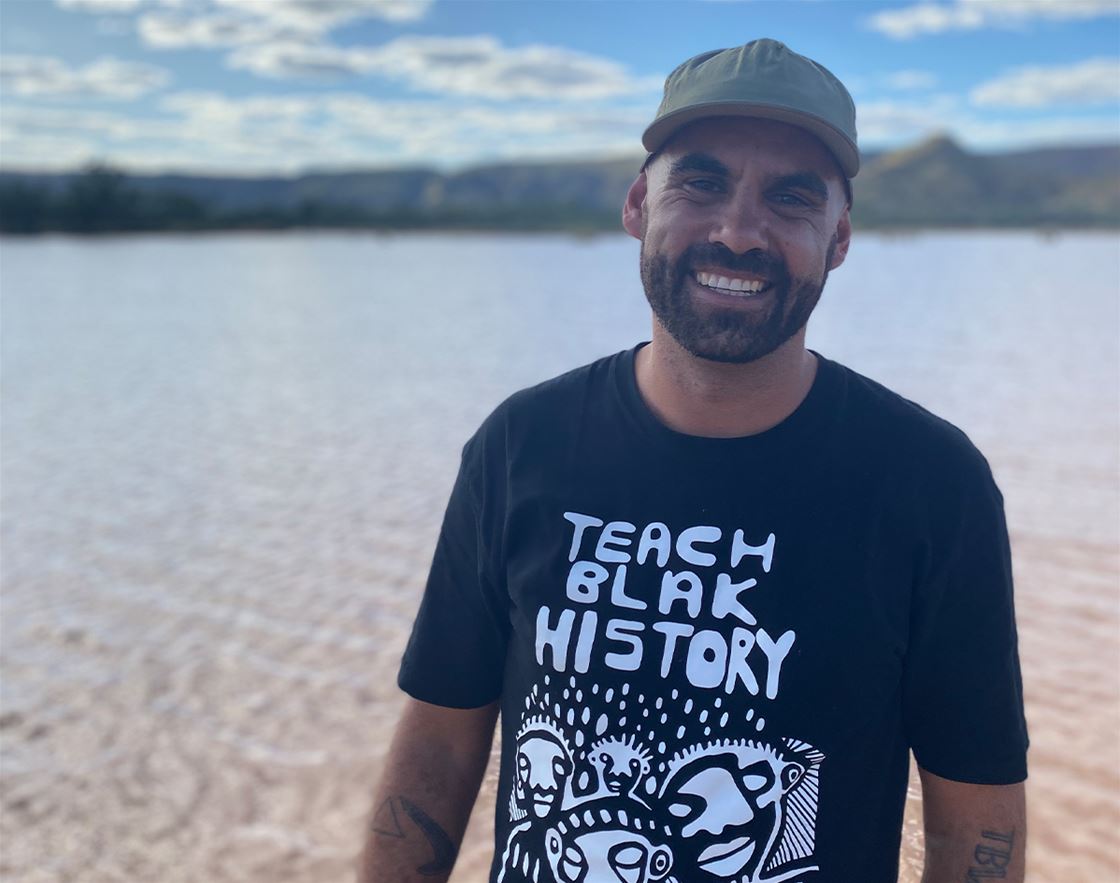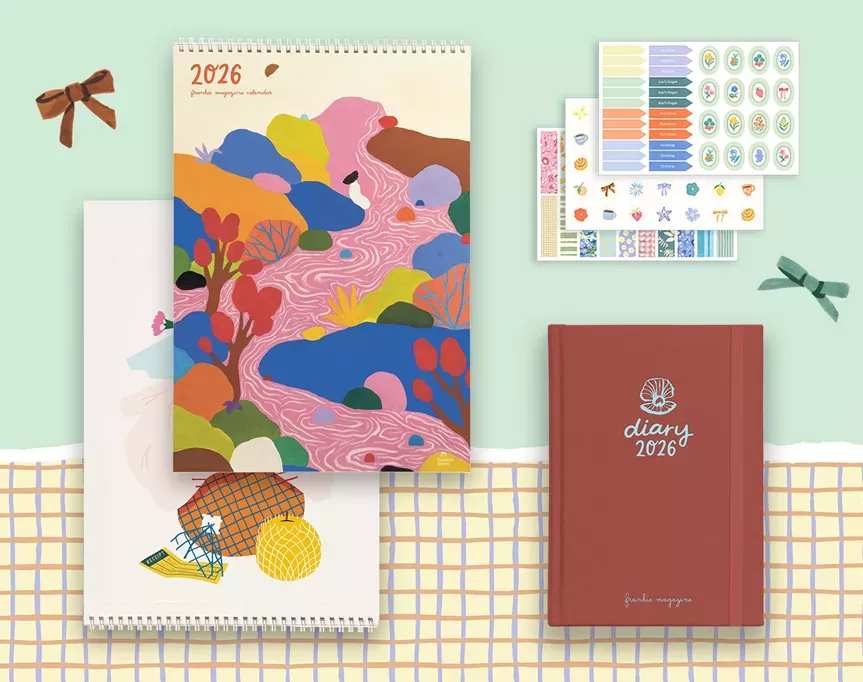ngarrimili's ceo on tokenism and how to support first nations businesses
Meet Cormach Evans – the founder and CEO of Ngarrimili.
Aboriginal-led not-for-profit Ngarrimili started out with the goal of creating more opportunities for the First Nations business community in Victoria. Now, just four years later, it has expanded to support thousands of aspiring and established First Nations businesses, creatives and entrepreneurs across the country. During National Reconciliation Week (which runs annually from May 27th to June 3rd), we caught up with the organisation's ace CEO and founder, Cormach Evans.
Why did you start Ngarrimili? We started Ngarrimili because we saw a gap in the business sector for culturally safe and accessible supports. We aim to fast-track peoples’ journey into business through wrap-around support and opportunities that break down some of the barriers still in place due to structural racism and inequalities.
How has the organisation changed since its launch? It's been a massive journey since 2018. We started out just working with the community in Victoria, and we're now working nationally to support a network of over 1000 businesses and creatives. This has included creating programs that engage First Nations women specifically, as well as supporting creatives to explore the 'business' of their creative work.
I'm really proud of our work supporting First Nations women (83 per cent of the founders we work with are women) and how we're able to honour their roles as the matriarchs of our community. Having grown up with a single mum, this is really important to me.
What does Reconciliation Week mean to you? It's super-easy for Reconciliation Week to be another tokenistic gesture that does nothing to really change the lives of First Nations peoples. I believe it should be a time when non-Indigenous people examine their motives and actions, and commit to doing the work and using their privilege to support First Nations-led movements. This year, we're calling on our partners to commit to making real change in the way they do things and in ways that directly support the First Nations economy.
How can people support First Nations organisations during Reconciliation Week and into the future? As an individual, you can commit to buying, reading and listening Blak for the week. Check out our socials for some awesome businesses and creatives you can get behind.
As a professional or a business, you can donate your time, resources and expertise to support early-stage businesses. Or, you can provide a paid, hands-on learning opportunity to a young First Nations professional through our Youth Talent Pipeline. We're always keen to form new partnerships (you can reach out to our Partnerships Manager with any questions).
It's super-important that allies are doing their own work and learning without adding to the cultural load of First Nations peoples. Common Ground is an awesome resource that I encourage everyone to check out.
What are some of your favourite Indigenous businesses at the moment? There are so many! In Darwin we share an office with the legends at House of Darwin, and love everything they do. It's been incredible to witness the journey of Mabu Mabu, which not only survived Melbourne's endless lockdowns, but expanded to open another venue and wholesale arm – they're a great example of Indigenous resilience and ingenuity. The Dhadjowa Foundation is doing incredibly important work by supporting families who have lost someone to deaths in custody.














.jpg&q=80&w=316&c=1&s=1)













.jpg&q=80&w=316&c=1&s=1)










